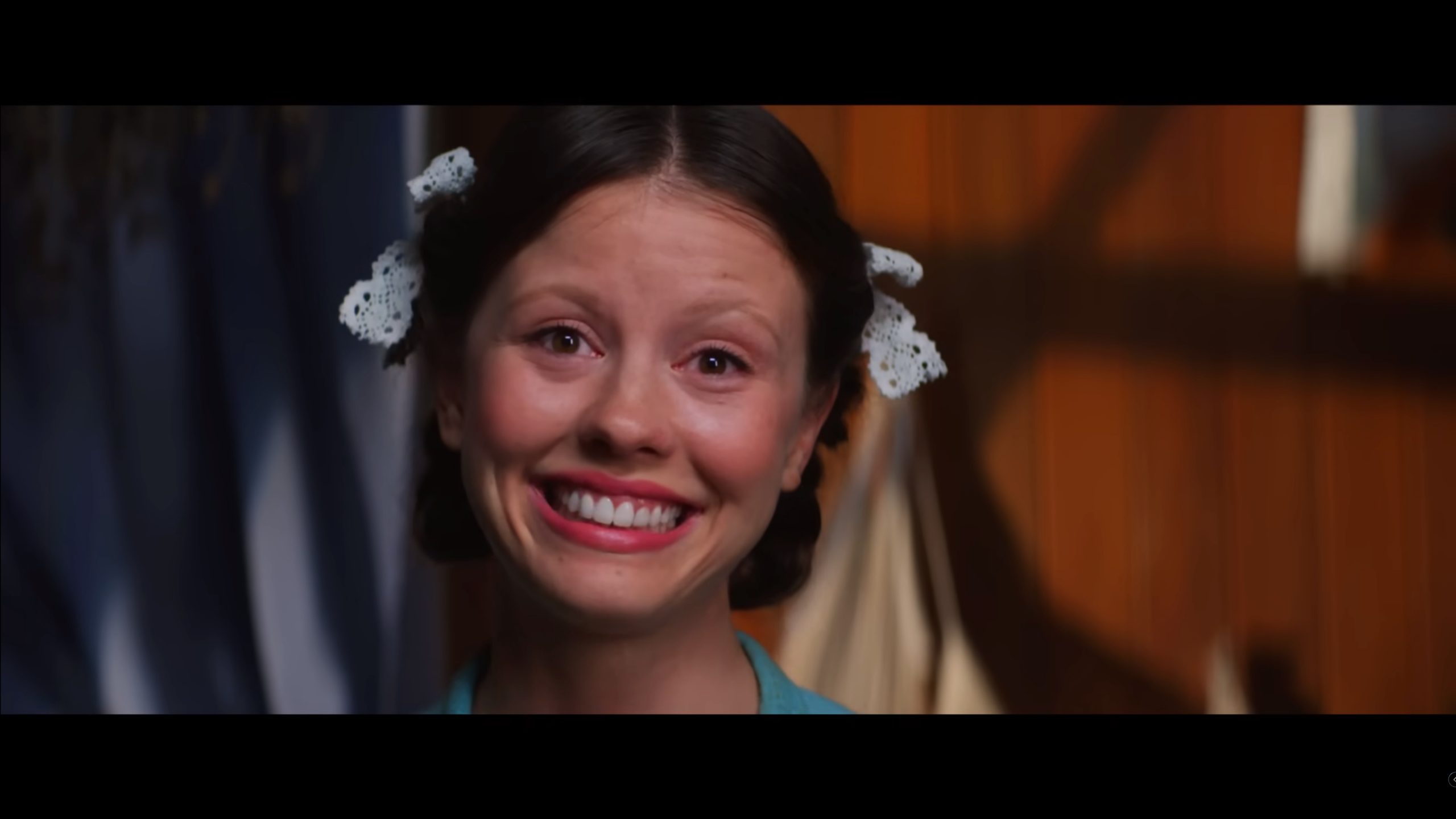(Theory) Why The Oscars Don’t Take The Horror Genre Seriously
While Jordan Peele can be seen as an exception, generally, Horror hasn’t made much of a splash at the Oscars, and here is a theory why.

Spoiler Alert: This summary and review contains spoilers.
Additionally, some images and text may include affiliate links, meaning we may earn a commission or receive products if you make a purchase.
While Jordan Peele can be seen as an exception, generally, Horror hasn’t made much of a splash at the Oscars, and here is a theory why.
The TLDR version: Money.
The long version: The Oscars and the Academy members do value the Horror genre. The problem is, are the people behind horror movies able and willing to campaign for an Oscar? Lest we forget, The Oscars aren’t only a popularity contest but a business. Like wedding venues, it isn’t just about the price for the main event. It’s about everyone else who is expected to get a cut of the pie. You must have actors and directors fly around the country, sometimes the world, host lavish parties/ screenings, and things like that. Hence why, Mo’Nique didn’t campaign famously for her Oscar. While many people make money off tickets and dinner plates to be around and see an Oscar hopeful, the talent is expected to smile and work.
But, at the same time, let’s also factor in whether the companies that produce Horror are trying to spend the money required without a real guaranteed return? One of the benefits of making Horror has long been that it is one of the cheapest genres to produce, with a high-profit margin. So to have campaigns that could potentially cost as much as the film was to make?
According to IndieWire, in 2020, a studio could spend $5 million to $20 million on a campaign – and with Netflix reportedly going far beyond that (over $100 million), as I’m sure others are, what value does that add? Why would Blumhouse, A24, and the others who regularly churn out horror films spend so much on one film? Per Variety, Pearl cost a reported $1 million to make and made $9 million at the box office. Is the prestige of saying your company produced or distributed an Oscar-winning film worth the price of creating and profiting off multiple films?
Even in the case of one of the biggest and best films of 2022, “Everything, Everywhere, All At Once,” the budget for that A24 production was only $25 million. Now, yes, it made over $100 million globally, but let’s not forget that both for A24 and for movies released after COVID shutdowns, that’s rare. Usually, to make that much, or more, there needs to be established media, like a comic book, behind it or a media conglomerate like Disney, Comcast, and others using all of their networks and stations to force-feed the masses.
So while we agree that the Horror genre was overlooked by the Oscars, especially after a stellar year in 2022, it is likely because the actors care more about the awards than the companies behind the film, who care more about what is truly important for the continuation of the Horror genre: The Box Office and their profits.
*Plus, let’s be honest: The Oscars is an awards show mainly focused on the Drama genre first, and everything else is secondary. So while the Horror genre often includes dramatic elements, the idea that The Academy would consider a film like “Pearl” for major accolades is as realistic as Mia Goth being nominated for Best Actress at the NAACP Image Awards.
Images used for editorial and commentary purposes. All rights remain with their respective copyright holders.


